If you’re looking for a fun and creative way to relax, printable coloring pages by numbers are the perfect solution! Whether you’re a kid or … Read more
Continue reading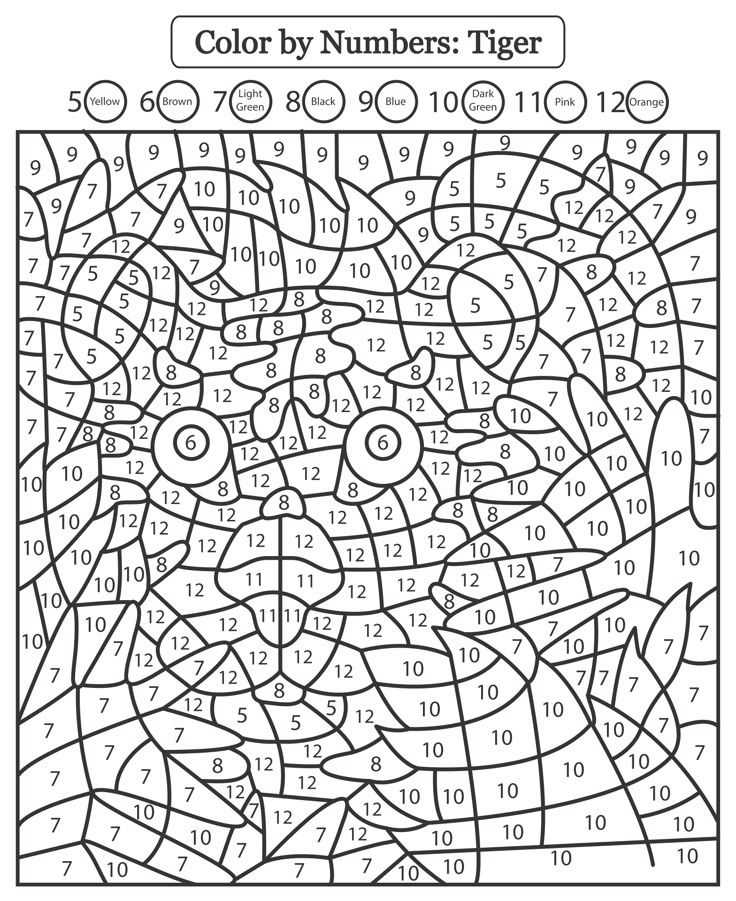
Patterns with numbers practice Khan Academy Course 4th grade Unit 6 Lesson 3 Math patterns Math 4th grade Factors multiples and patterns Math patterns Patterns with numbers Google Classroom Which rule describes the pattern shown 41 54 67 80 93 106 Choose 1 answer Add 13 A Add 13 Add 15 B Add 15 Multiply by 6 C Number patterns are groups of numbers that follow rules. They can use input/output tables to create sequences. Two types of sequences are arithmetic and geometric. An arithmetic sequence is a list of numbers where the same amount is.
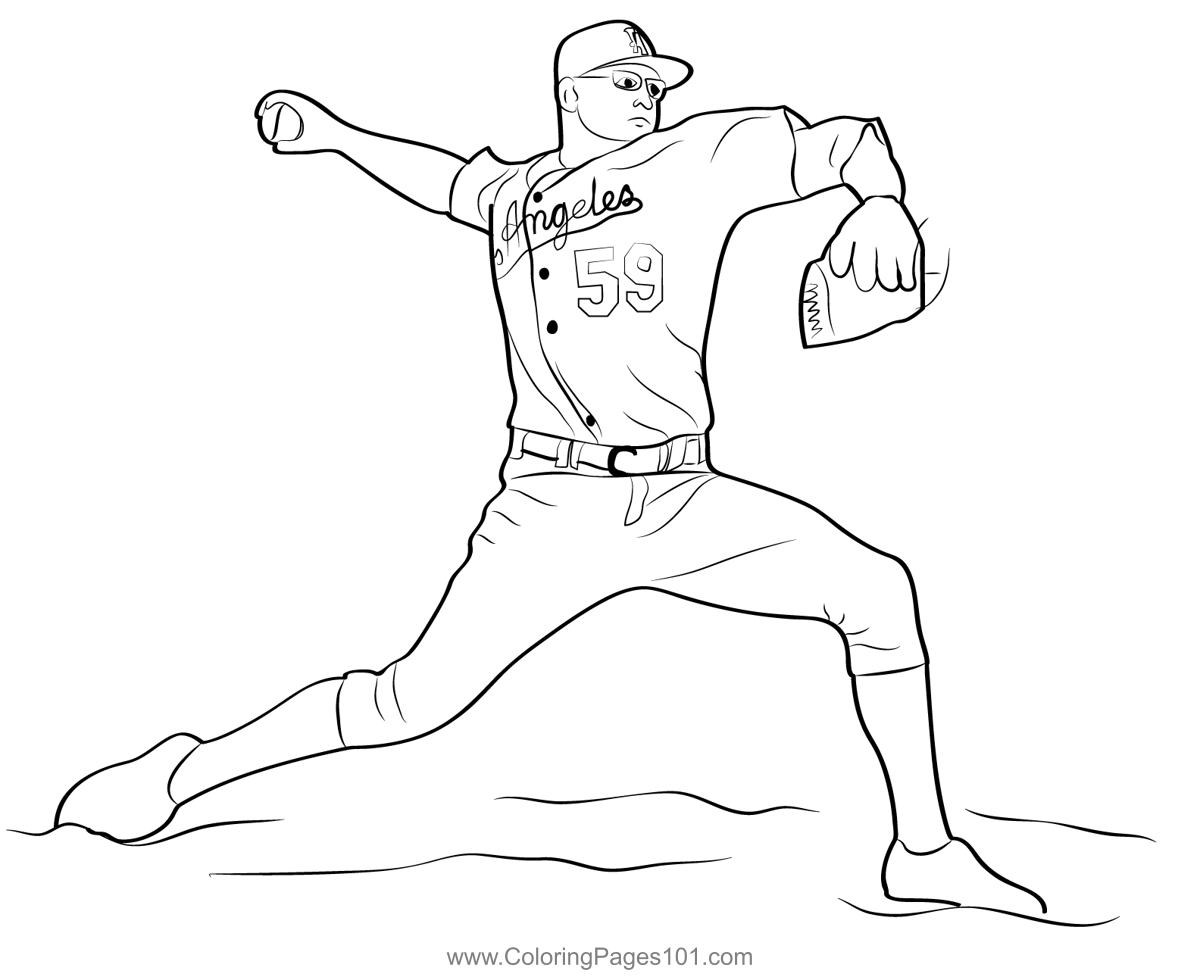
Picture Patterns Worksheets The picture patterns worksheets below come in a number of themes and include various configurations of shape size and rotation attributes The worksheets include the answers mixed up at the bottom of the page but you can easily exclude these if you don t want them to appear simply fold that part up before you Numbers can have interesting patterns. Here we list the most common patterns and how they are made. Arithmetic Sequences An Arithmetic Sequence is made by adding the same value each time. Example: 1, 4, 7, 10, 13, 16, 19, 22, 25, . This sequence has a difference of 3 between each number.
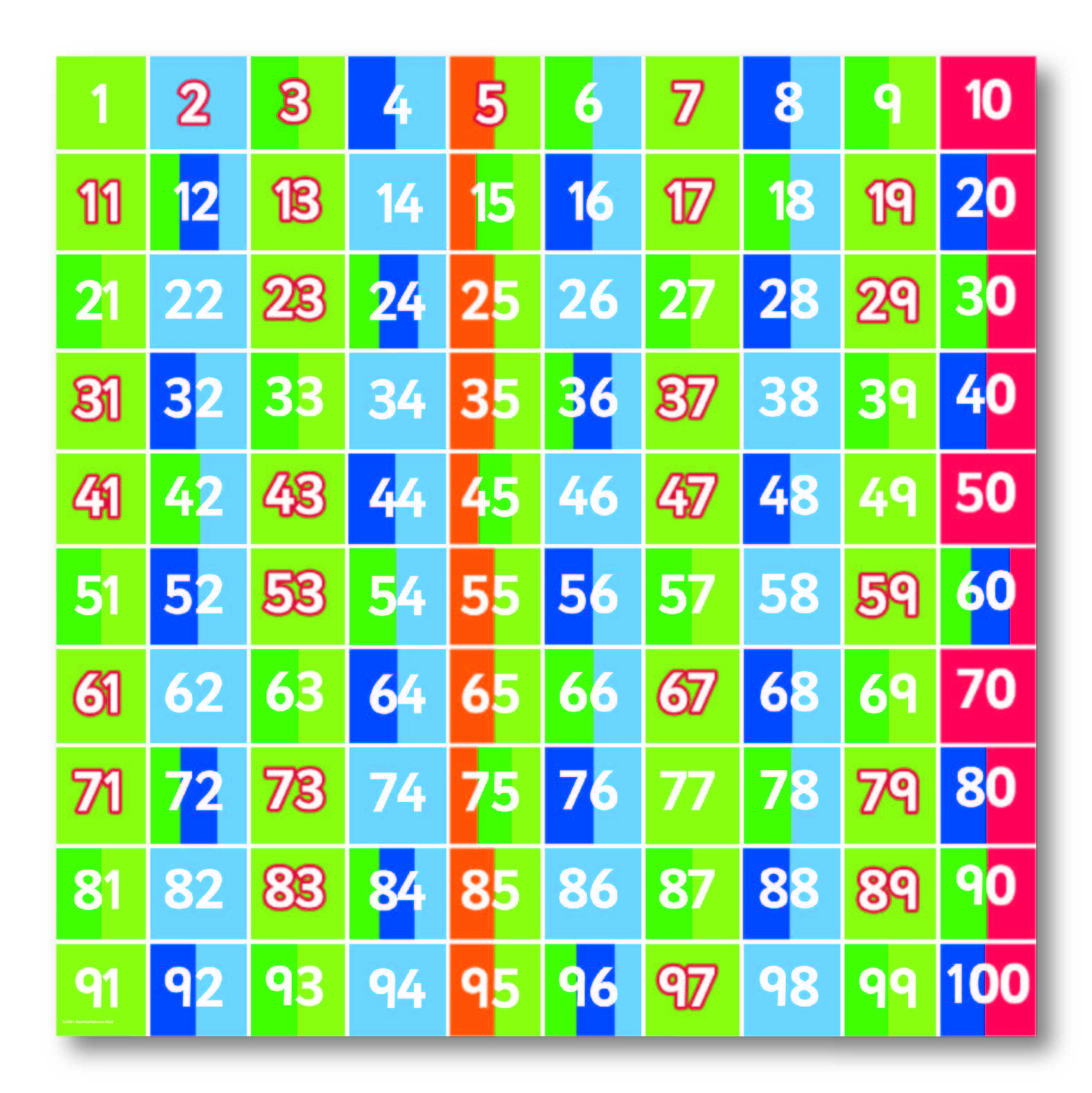
Patterns With Numbers
Learn More at mathanticsVisit http www mathantics for more Free math videos and additional subscription based content One sheet of large colored numbers freeology. Numbers free stock photo public domain picturesColorful number pattern 131673 vector art at vecteezy.
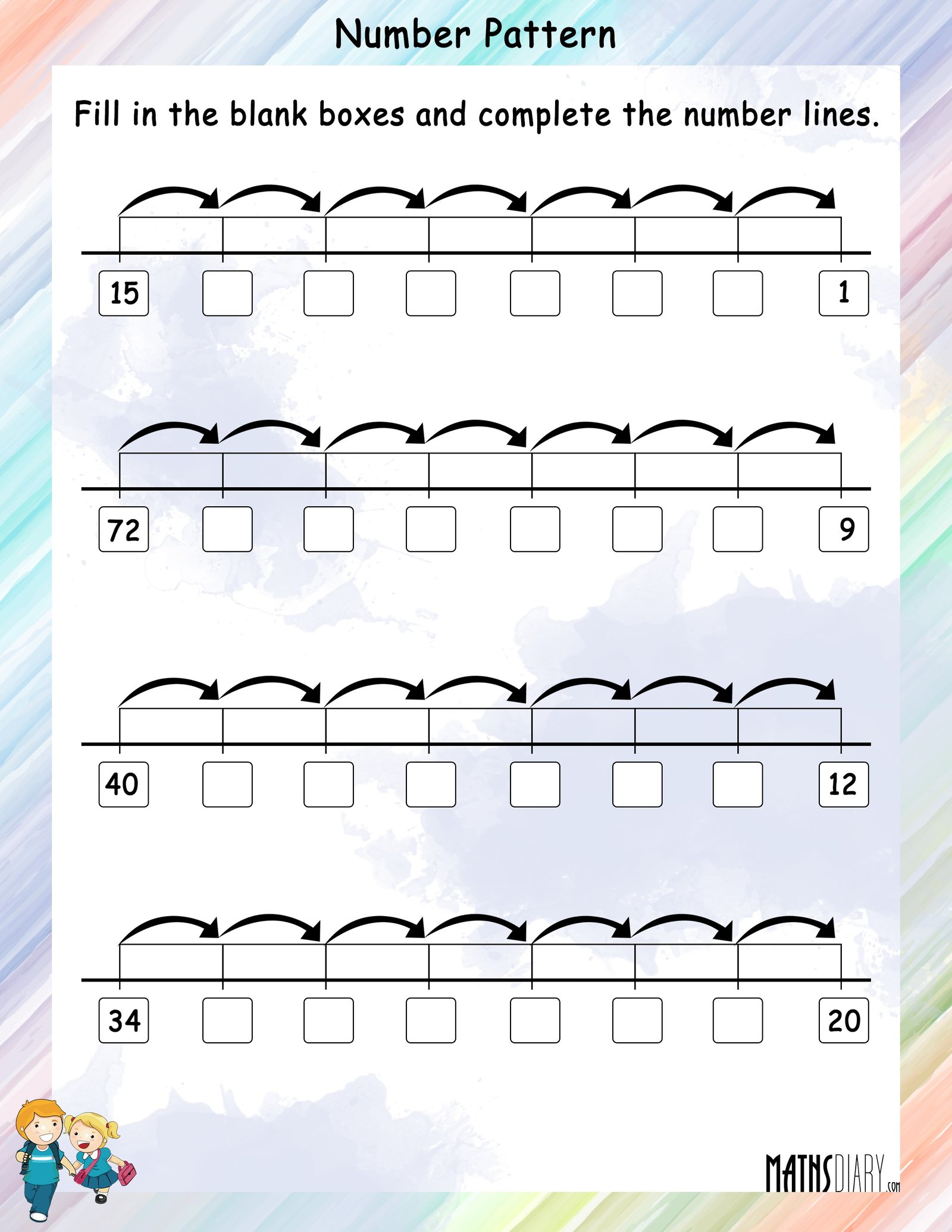
Number Pattern On A Number Line Math Worksheets MathsDiary
Mrs T s First Grade Class Number Patterns
1 4 7 Numbers can have patterns too You can even make your own number patterns Question 1 Question 2 Question 3 Question 4 Question 5 Question 6 Question 7 Question 8 Question 9 Question 10 Algebra Index There are two common number sequence patterns: 1. Arithmetic Sequences 2. Geometric Sequences The special sequences of Number Patterns are as follows: 1. Square Numbers 2. Cubic Sequence 3. Triangular Numbers
This video discusses how to identify patterns in number sequences By analyzing three different sequences the speaker demonstrates that patterns can involve adding a certain amount to each number or multiplying each number by a certain amount It s important to ensure the pattern remains consistent throughout the sequence ability to understand number patterns and predict the pattern, familiarity and facility with a wide range of number patterns and the connection to K-9 curriculum, and reasoning using induction and also using finite difference Calculus.

If you’re looking for a fun and creative way to relax, printable coloring pages by numbers are the perfect solution! Whether you’re a kid or … Read more
Continue reading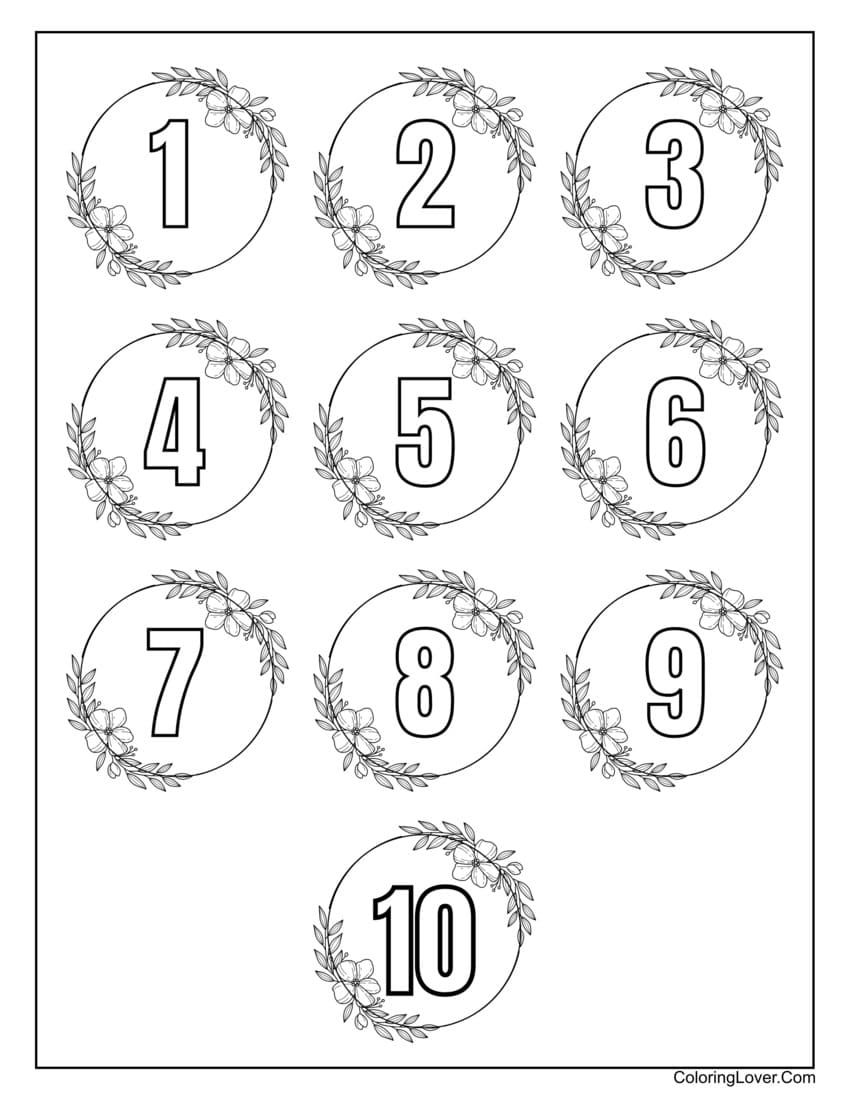
If you’re looking for a fun and educational activity for your kids, free printable coloring pages numbers are a great option. Not only do they … Read more
Continue reading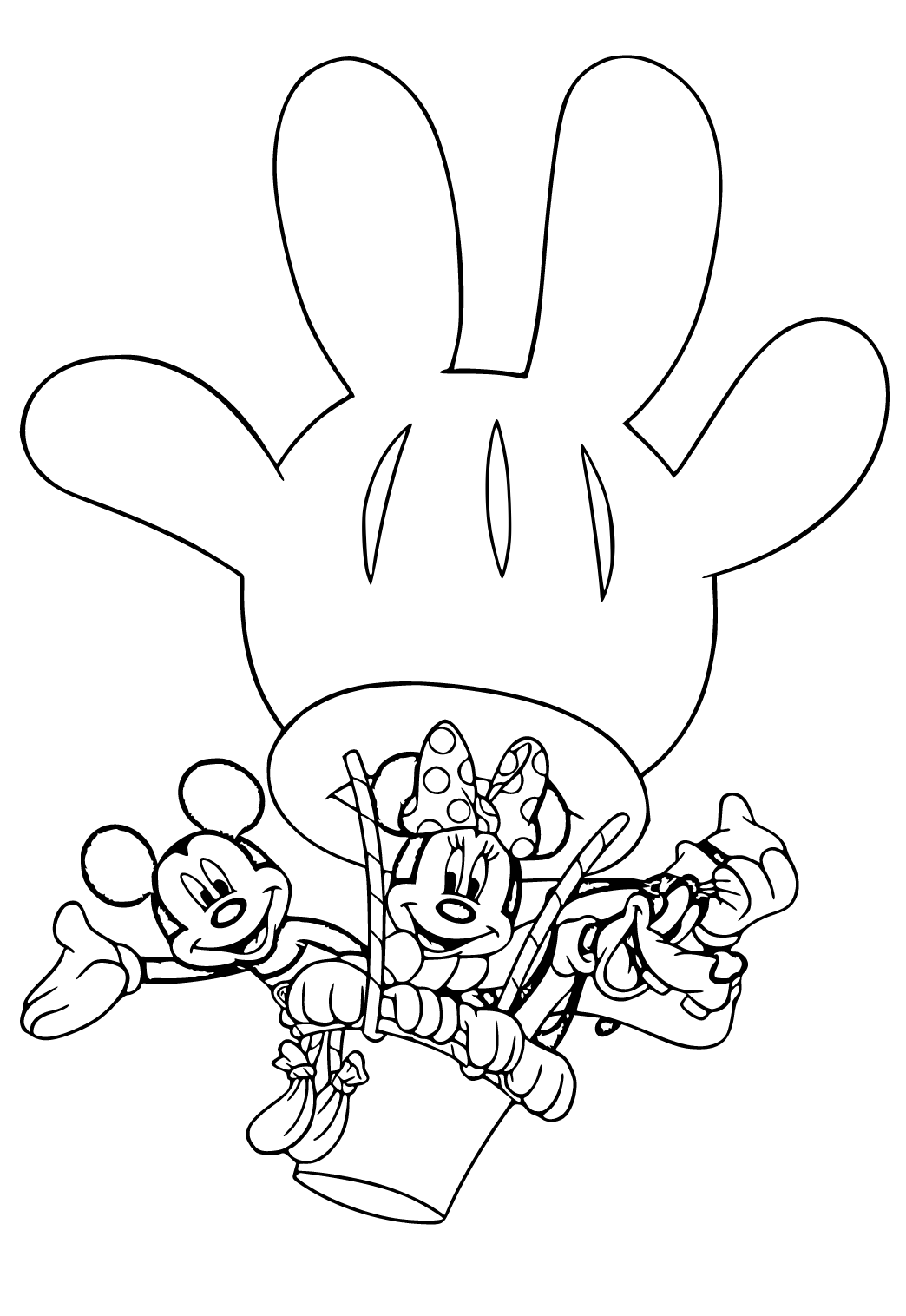
If you’re looking for a fun and educational activity for your kids, free printable coloring pages with numbers are a great option. These coloring pages … Read more
Continue reading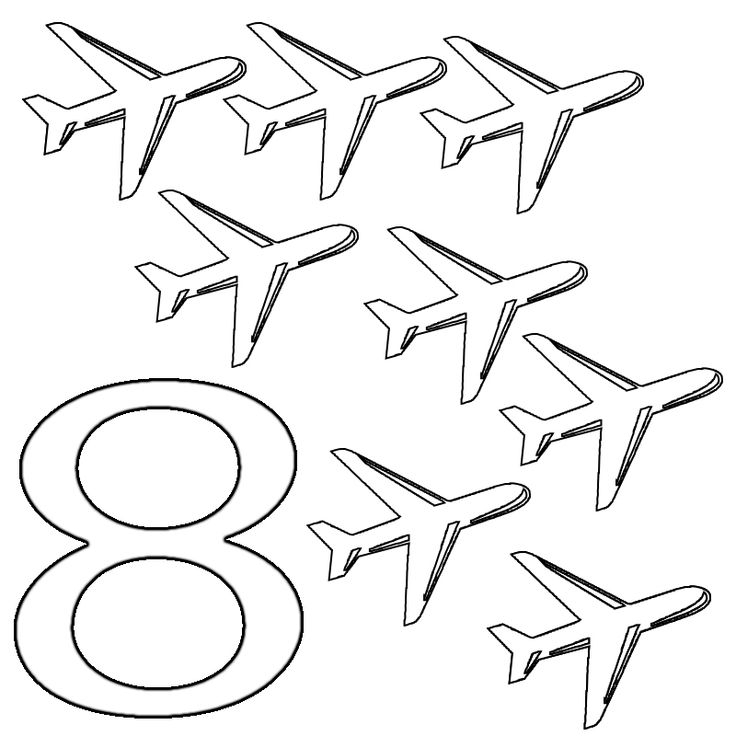
Looking for some fun and creative activities to keep your little ones entertained? Why not try out some printable number 8 coloring pages! These coloring … Read more
Continue reading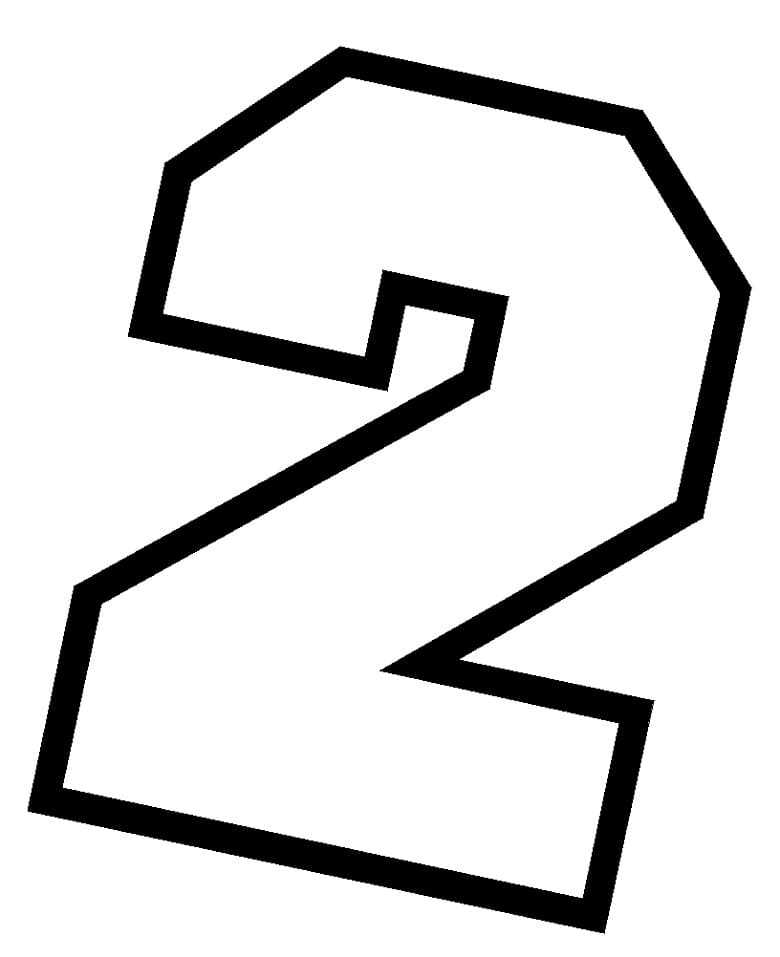
Looking for some fun and educational activities for your child? Why not try out some printable number 2 coloring pages! These pages are a great … Read more
Continue reading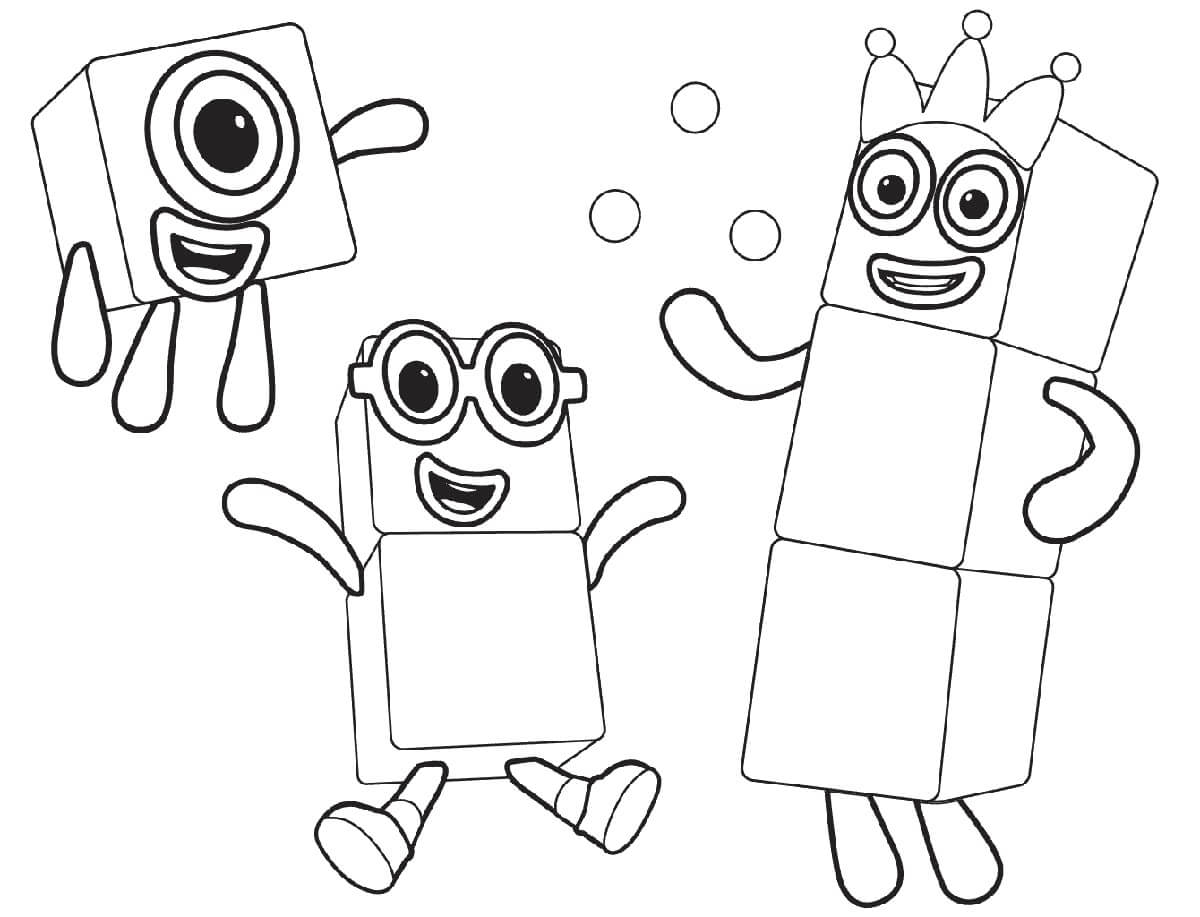
If you’re looking for a fun and creative activity for your kids, why not try out some Numberblocks coloring pages? These printable coloring pages are … Read more
Continue reading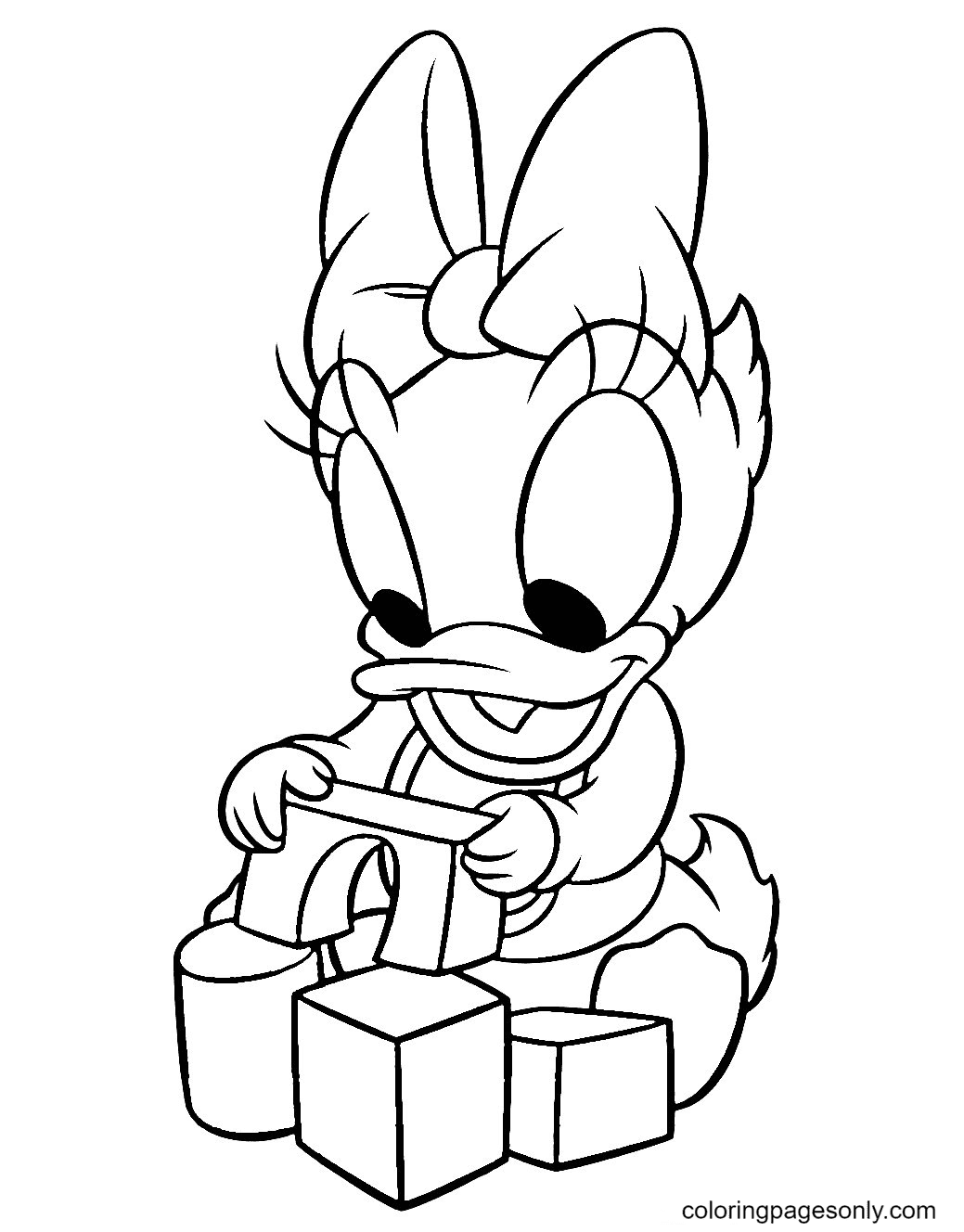
If you’re looking for a fun and creative activity for your kids, printable cute duck coloring pages are the perfect choice! These adorable designs will … Read more
Continue reading